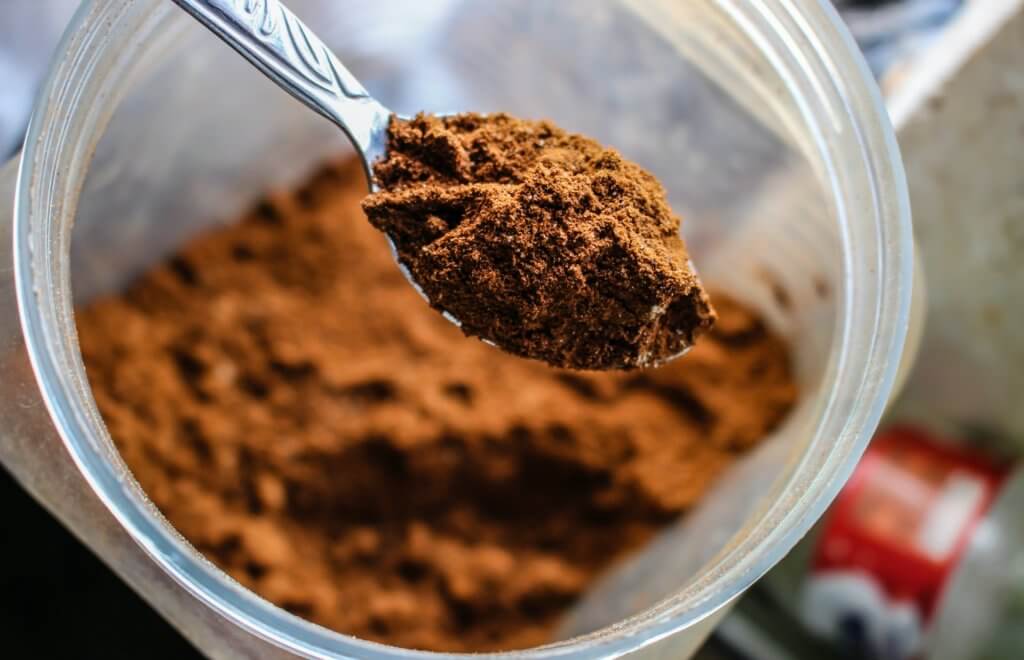When it comes to choosing a protein powder that is less likely to cause bloating, it’s important to consider a few factors. While individual responses can vary, here are some options that are generally well-tolerated and less likely to cause bloating:
- Pea Protein: Pea protein is a plant-based protein powder derived from yellow split peas. It is naturally free from lactose and gluten, making it a suitable option for individuals with sensitivities or intolerances. Pea protein is also easily digestible for many people, which may help reduce the risk of bloating.
- Rice Protein: Rice protein is another plant-based option that is hypoallergenic and easily digestible. It is sourced from brown rice and often undergoes a process to remove carbohydrates, leaving a protein-rich powder. Rice protein is generally well-tolerated and less likely to cause digestive discomfort.
- Collagen Protein: Collagen protein powder is derived from animal sources, primarily from bones and connective tissues. It is known for its potential benefits in supporting joint health, skin elasticity, and hair and nail strength. Collagen protein is typically well-digested and may be easier on the stomach for those who experience bloating with other protein sources.
- Egg White Protein: Egg white protein powder is made from egg whites and is an excellent source of high-quality protein. It contains all the essential amino acids and is generally well-tolerated by most individuals. Egg white protein powder is often low in fat and carbohydrates, which can be beneficial for those seeking a lean protein option.
- Hydrolyzed Whey Protein: While many individuals with lactose intolerance or sensitivity may experience bloating and digestive issues with regular whey protein, hydrolyzed whey protein can be a more easily digestible alternative. The hydrolyzation process breaks down the protein into smaller fragments, potentially reducing the risk of bloating and digestive discomfort.
It’s important to note that individual tolerances and sensitivities can vary, so it may be helpful to try different protein powders to determine which one works best for you. Additionally, be sure to follow the recommended serving size and gradually introduce protein powder into your diet to minimize any potential digestive issues. If you have specific dietary concerns or medical conditions, it’s always advisable to consult with a healthcare professional or a registered dietitian for personalized recommendations.



